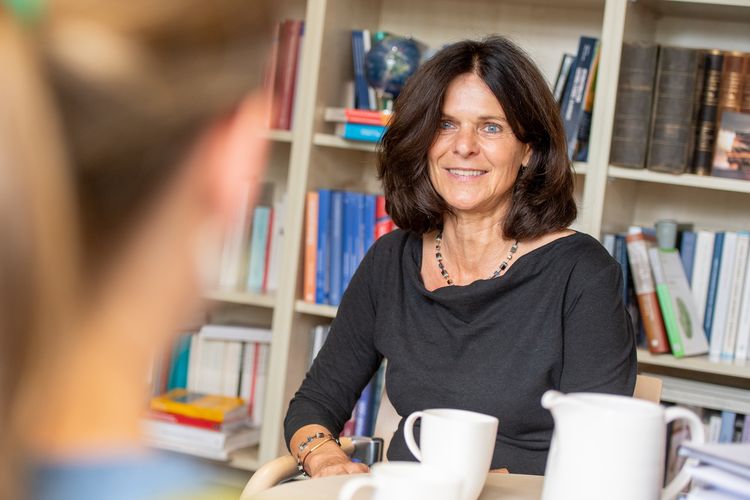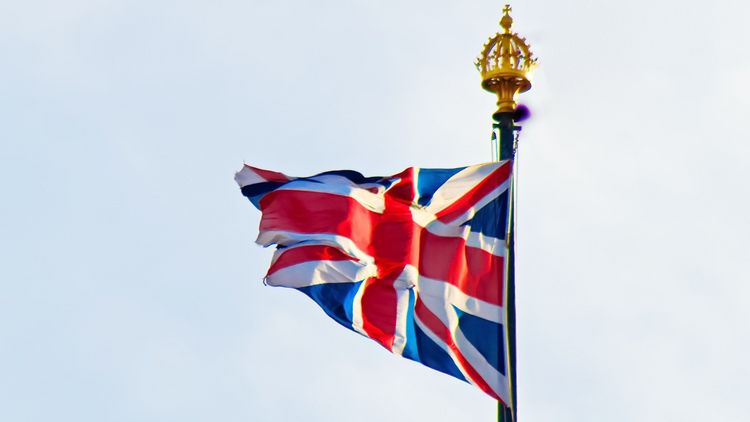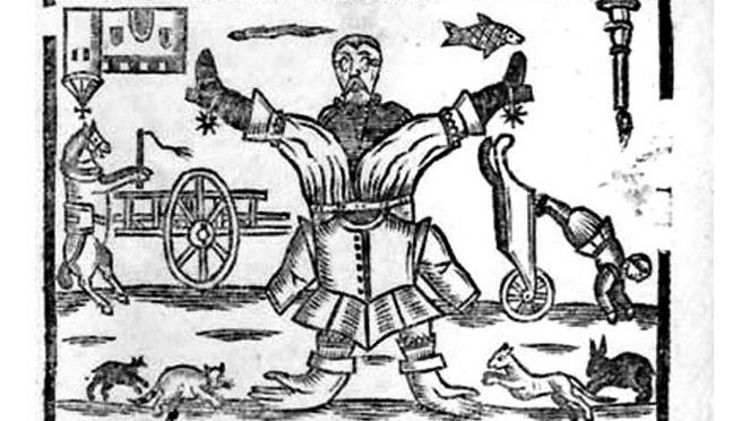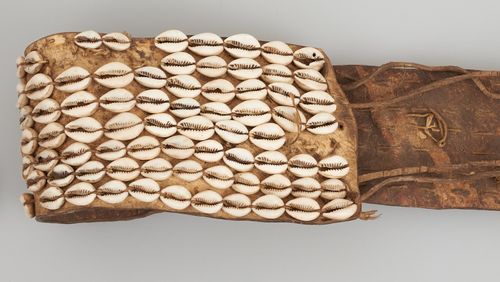When the name predecessors of Charles III took the throne in the 17th century, in the eyes of contemporaries England seemed to be "turn’d upside down" – the new King has also taken up his reign in turbulent times. Here, Historian Dagmar Freist talks about the dynastic tradition of the Royal House, parallels and differences, political culture and strong women.
Ms. Freist, would you have recommended this name to the new British King Charles III or, on the contrary, advised him to adopt a different name as head of state?
I assume that your question alludes to the fact that the image of the two name predecessors of Charles III, Kings Charles I and Charles II, both monarchs in the 17th century, has a rather negative connotation in the collective memory today. I would take a more differentiated view.
To what extent is it significant to look at the name predecessors – in this case Charles I and II?
With the naming of Royal children a specific dynastic tradition is evoked. In the case of Charles, this is the Scottish dynasty of the Stuarts. Since 1603, the Kings and Queens have reigned over England in personal union with Scotland, and have descended from this dynasty. In 1714, however, the Royal House of Stuart was replaced by the House of Hanover. The reason was the so-called Act of Settlement of 1701, which ruled that, for politico-religious reasons, no Catholic could succeed to the throne. The next Protestant heir to the throne was a niece of Charles I, Sophia of Hanover. She did not live to see the coronation, and her son Georg succeeded to the throne of the United Kingdom in 1714 as George I until 1727 - the namesake of the current number two in the line of succession.
What can the new King Charles III learn from the history of the reigns of Charles I and II?
The political conditions and the constitutional framework for Royal agency differed in the 17th and 21st centuries. However, it is of interest to look at the political challenges the Kings faced respectively. Contemporaries described the 17th century in England as a “World turn'd Upside Down." This perception applied to all areas of life, accompanied by famines, plague, political-religious radicalization, European wars and conspiracy theories. The emerging print media, in this case especially pamphlets, songs and woodcuts, often luridly amplified these threat scenarios in words and images and were passed on orally in squares and taverns. Melancholy became a popular disease. Charles I ignored or underestimated this mood in the country. And he did not take seriously the written demands for political reforms toward greater involvement of Parliament in decision-making processes.
Thus, his reign did not end well.…
After a bloody politically and religiously charged civil war between, somewhat simplified, King and Parliament, Charles I was executed for high treason in January 1649. Charles II was the royal hopeful for a divided country when he returned to the United Kingdom from exile in 1660 after more than a decade of rule under the “Lordprotector” Oliver Cromwell. He presented himself as a "King-with-Parliament," tolerant of religious minorities and conciliatory toward the parties of the Civil War. However, he was ultimately unable to prevail in the bitter struggle for political sovereignty between supporters of Parliament, who called themselves Whigs in the emerging party system, and proponents of a powerful monarch, the Tories. His reign was marked by civil unrest and heated public opinion.
So does the present King Charles have in common with his predecessors that they ascended the throne in turbulent times?
I don't want to draw a parallel, but the social and political challenges currently facing Great Britain, the consequences of Brexit, a tabloid press playing on emotions and fears, the questioning of the public broadcaster BBC as a democratic and independent reporter, and the increasingly noticeable effects of climate change, to name just a few points, are presenting the country with immense challenges.
In your doctoral thesis, you already dealt with the political culture during Charles I's reign. How has the role of the crowned head in the British state changed since then?
Unlike in the 17th century, the King and Parliament no longer compete for political supremacy in the state, even though the crown continues to have sovereign rights. In practice, the monarch follows the decisions of Parliament. However, many of the ceremonies rich in tradition live on, which we can currently observe after the death of Elizabeth II, the preparations for the funeral and the accession of Charles III. I find it interesting that many media are currently interested in the name predecessors of Charles III. In addition, it is worth looking back at Elizabeth I, whose reign lasted from 1558 to 1603, and Elizabeth II - incredibly exciting from my point of view. Both rulers were already perceived as outstanding by their contemporaries or given the title "the Great”. Both had to assert themselves as women in a world dominated by men - and they succeeded.
Are there aspects in which Charles could place himself in the tradition of his name predecessors?
In the 21st century, our democratic societies - and here I'm not just speaking for Great Britain - don't need a concentration of power in the hands of a few, or a nationally defined identity, whatever is meant by that, in order to master the complex problems of the present. On the contrary, we must succeed in developing a political culture of empathy, human dignity and responsibility, overcoming party-political and career-motivated political infighting. Here, the British monarch could play an important role as an integration figure, detached from party-political tactics.
Interview: Deike Stolz






